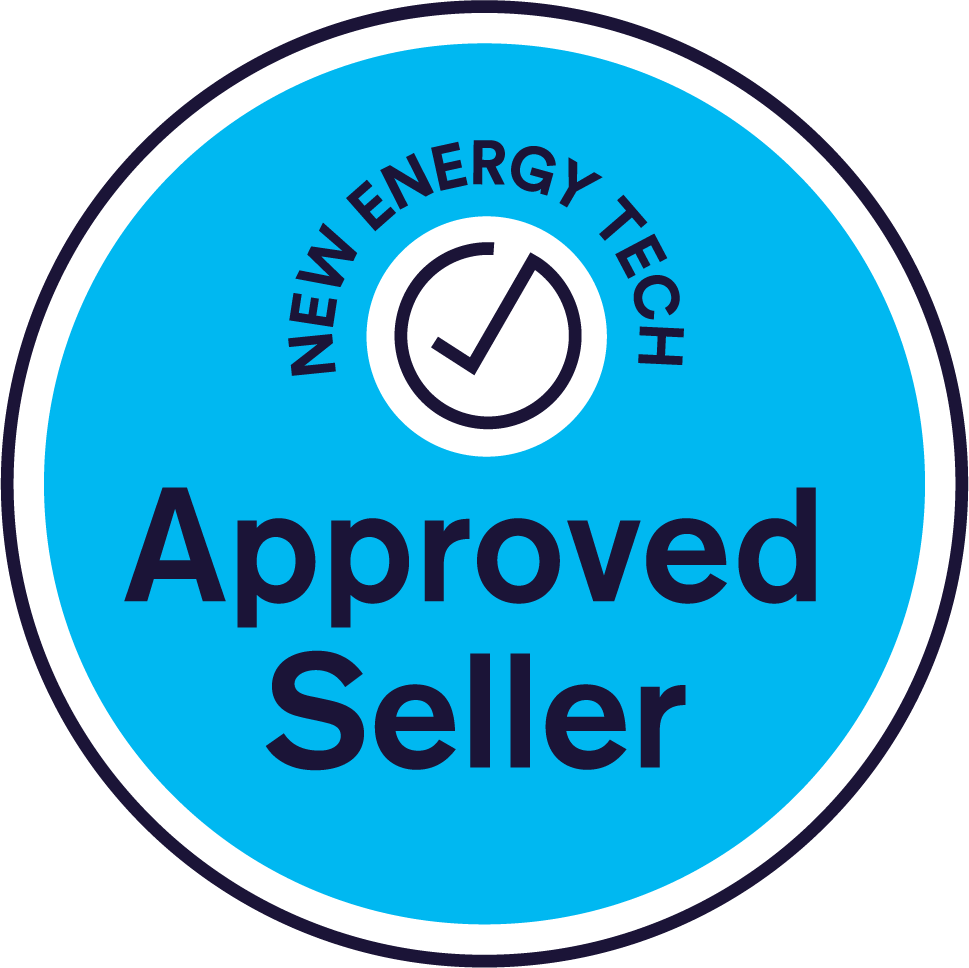With the increasing popularity of solar panels as an eco-friendly and cost-effective energy solution, many homeowners and businesses are making the switch to solar power.
Here is why, they would love to know how much electricity the solar panels can produce.
In this comprehensive guide, we'll explore various methods for monitoring your solar panel system's performance and answer the burning question: "How do I know how much electricity my solar panels are generating?"
How to determine how much electricity my solar panels are generating
1. Monitoring Solar Panel Performance
Monitoring your solar panel system's performance is crucial for maximizing its efficiency. There are several methods you can use to track how much electricity your solar panels are generating.
2. Solar Monitoring Systems
Solar monitoring systems are specialized software and hardware designed to keep a close eye on your solar panel system's performance. These systems provide real-time data, allowing you to monitor your system's electricity generation, energy consumption, and more. Popular solar monitoring solutions include Enphase Enlighten and SolarEdge.
3. Online Monitoring Platforms
Many solar panel manufacturers and installation companies offer online monitoring platforms. These platforms allow you to access your system's data from anywhere with an internet connection. Simply log in to the platform using your credentials, and you can view data on your system's performance.
4. Mobile Apps
In this digital age, there's an app for everything, including monitoring your solar panel system. Most online monitoring platforms also offer mobile apps, making it convenient to check your system's performance on the go. These apps provide real-time data, alerts, and historical statistics.
5. Comparison: Solar Monitoring vs. Online Platforms vs. Mobile Apps
To help you choose the right monitoring method for your solar panel system, let's compare the three options:
Solar Monitoring Systems: These are comprehensive but often require additional hardware. They provide in-depth data and are suitable for those who want to dive into the technical details.
Online Monitoring Platforms: These are user-friendly and accessible from anywhere. They offer a good balance between ease of use and detailed information.
Mobile Apps: Mobile apps are ideal for those who prefer a quick and convenient overview of their system's performance. They're user-friendly but may offer less detailed data.
6. Using Energy Meters
Another effective way to measure how much electricity your solar panels are generating is by using energy meters. You can install energy meters on specific circuits to track the electricity produced by your solar panels.
7. Shading Analysis
Shading analysis involves evaluating the impact of shading on your solar panels. Shading can significantly affect the efficiency of your solar panel system, causing some panels to produce less electricity than others. Many solar monitoring systems and installers offer shading analysis tools.
8. Comparing Panel Efficiency
Not all solar panels are created equal. Solar panel efficiency varies depending on the technology and manufacturer. High-efficiency panels generate more electricity in the same amount of space. Some factors that influence panel efficiency include the type of solar cells used and the panel's design.
9. Monocrystalline vs. Polycrystalline Panels
Two common types of solar panels are monocrystalline and polycrystalline. Monocrystalline panels are known for their higher efficiency and sleek black appearance, while polycrystalline panels are more affordable but slightly less efficient.
10. Thin-Film vs. Crystalline Panels
Thin-film solar panels are lightweight and flexible, making them suitable for certain applications. However, they are generally less efficient than crystalline panels. Crystalline panels, on the other hand, are the most common and offer better efficiency.
Conclusion
Knowing how much electricity your solar panels are generating is vital for optimizing your solar panel system's performance and ensuring that you're getting the most out of your investment. Whether you choose a solar monitoring system, an online monitoring platform, or a mobile app, regularly checking your system's performance will help you identify any issues and keep your solar panels running at their best. Additionally, understanding the differences between panel types and their efficiency can help you make an informed choice when selecting solar panels for your installation. So, stay informed and make the most of your solar power journey!



